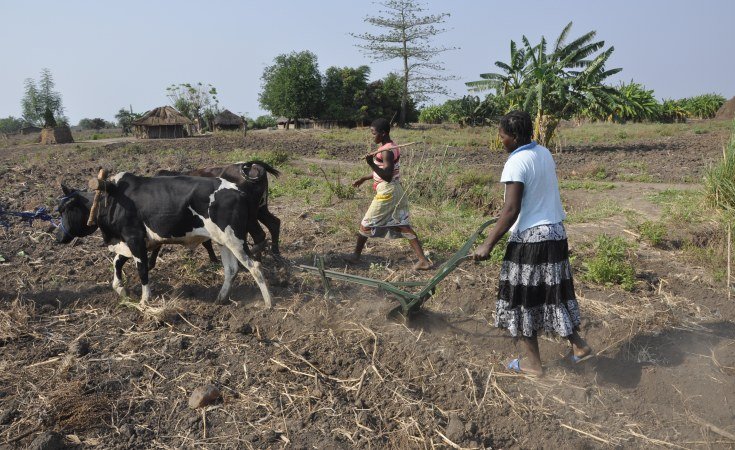Preserving Cultural Heritage in Fonni
Fonni, a picturesque town nestled in the heart of Sardinia, Italy, is not only renowned for its stunning landscapes but also for its rich cultural heritage rooted in artisanal craftsmanship. From intricate textiles to handmade ceramics, Fonni’s artisans have preserved centuries-old traditions that not only define the town’s identity but also sustain its local economy.

Preserving Cultural Heritage in Fonni
Artisanal Textiles: Weaving Traditions into Fabric
One of the most prominent artisanal crafts in Fonni is textile weaving. Local weavers, often using traditional looms and techniques passed down through generations, create exquisite textiles that reflect the town’s cultural narrative. Wool, sourced from local sheep, is spun and dyed using natural pigments, resulting in vibrant patterns and textures unique to Fonni. These textiles not only serve as functional pieces but also as artistic expressions of Sardinian heritage, sought after by collectors and enthusiasts worldwide.
Ceramics: Pottery as a Reflection of Tradition
Ceramics hold a special place in Fonni’s artisanal repertoire, with pottery being a cherished craft passed down from skilled potters. Clay sourced from local deposits is meticulously shaped and fired to create pottery that ranges from utilitarian cookware to decorative art pieces. Each piece bears distinct motifs and designs inspired by Sardinian folklore and nature, making Fonni’s ceramics both functional and culturally significant. The pottery workshops scattered throughout the town not only preserve these traditions but also serve as hubs of creativity and community engagement.
Woodworking: Carving a Legacy of Craftsmanship
Woodworking is another integral part of Fonni’s artisanal heritage, with skilled craftsmen carving intricate designs into locally sourced timber. From furniture to decorative items, each piece reflects a deep appreciation for craftsmanship and quality. The woodworking tradition in Fonni is not only a testament to the town’s resourcefulness but also a means of preserving cultural identity through tangible artistry. The demand for handmade wooden goods continues to grow, driven by a global appreciation for sustainable and artisanal products.
Market Trends: Balancing Tradition with Global Demand
In recent years, Fonni’s artisanal crafts have gained international recognition, fueling a growing market for handmade, sustainable products. Artisans and local businesses have adapted to meet global demand while staying true to traditional techniques and materials. Online platforms and artisanal markets provide avenues for Fonni’s craftsmen to showcase their skills to a broader audience, contributing to the town’s economic resilience and cultural visibility.
Challenges: Sustaining Tradition in a Modern World
Despite the resurgence of interest in artisanal crafts, Fonni faces challenges in maintaining its cultural heritage amidst rapid globalization and technological advancements. Aging artisan populations and changing consumer preferences pose threats to traditional practices. Additionally, environmental concerns and economic pressures necessitate sustainable practices that balance tradition with modernity. Efforts to preserve local craftsmanship through education, apprenticeships, and supportive policies are crucial in safeguarding Fonni’s cultural legacy for future generations.
Community Impact: Beyond Economic Value
Artisanal crafts in Fonni extend beyond economic value; they are intrinsic to community identity and social cohesion. Artisans serve as custodians of cultural knowledge, passing down skills and stories that connect past, present, and future generations. Local workshops and festivals celebrating craftsmanship not only attract tourists but also foster pride and solidarity among residents. The preservation of artisanal traditions in Fonni contributes to a vibrant community fabric where heritage and innovation converge.
Future Prospects: Nurturing Sustainable Artisanship
Looking ahead, Fonni’s commitment to sustainable artisanship holds promise for continued cultural enrichment and economic growth. By embracing eco-friendly practices, promoting local artisans, and enhancing educational opportunities in craftsmanship, Fonni can secure its position as a beacon of traditional Sardinian culture. Collaborations with global markets and cultural institutions can further elevate Fonni’s artisanal crafts onto the international stage, ensuring their preservation and appreciation for years to come.
Conclusion
In conclusion, Fonni’s artisanal crafts embody more than just skillful craftsmanship; they embody a living testament to Sardinia’s cultural heritage. From textiles woven with ancestral knowledge to ceramics shaped by centuries of tradition, each piece tells a story of resilience and creativity. As Fonni navigates the complexities of a modern world, its artisans continue to weave threads of tradition into the fabric of daily life, ensuring that the town’s cultural legacy remains vibrant and enduring.















